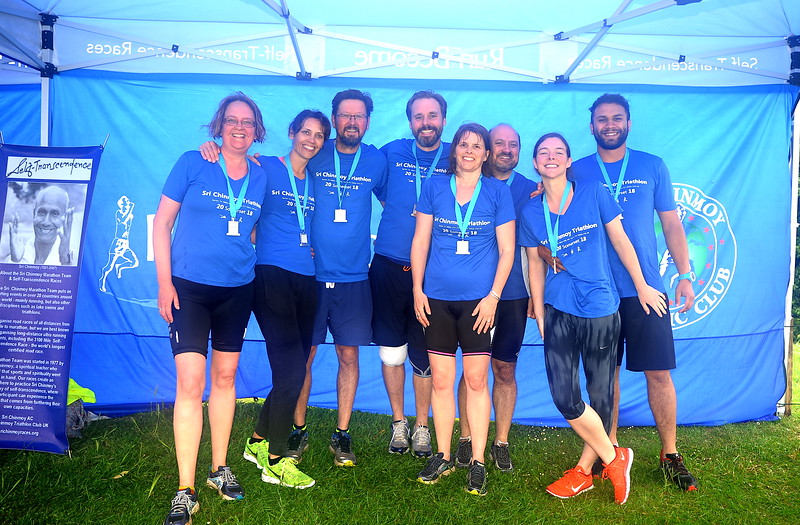With 12 weeks to go to"M Day" now is the time to steadily start increasing the volume of training.
If you are following one of the training schedules on the Loch Ness web site http://www.lochnessmarathon.com/info/preparation.php you will see that whatever your standard, consistency of training and gradually increasing the long run are key elements.
Consistency
Try to have a"base mileage" that you want to reach as a minimum each week so that even if the unexpected happens you have a base level that is maintained. It is better to have consistent weeks of mileage gradually increasing than a yo-yo effect of a big week then nothing!
The Long Run
1 It is never necessary to run the full marathon in training. It is self-defeating as you will need to take recovery days and so lose training consistency. If you build up to running between 18miles-22miles as your longest run (two thirds to three quarters distance if you are training by time) The rest of the distance will take care of itself on race day.
2 Build up your long run gradually increasing by 10-15 mins each week and certainly no more than 20 mins.
3 If your race involves hills, and Loch Ness does, include them in your route.
4 Always start your long run slowly, probably slower than all your other training runs, you will be stronger at the end if you do. (If you can't hold a conversation without effort- you're running too fast.).
5 Drink well the day before the long run as well as during and after (see last month's tips).
6 Your long run doesn't have to be on a Sunday! Plan ahead to fit it in with your lifestyle- long summer evenings are ideal.
7 Plan a rest or easy session (walk/cycle/swim) the day after a long run.
8 Loch Ness Marathon starts at 10am. Rehearse your long run routine with this in mind (more on this in future tips).
9 Some runners thrive on running a similar route. If you get bored easily vary your routes or plan to run all or part of the distance with a friend.
10 If you just can't face another grind of a 10 mile training run head to the hills or the coast. A 2-4 hour brisk walk on undulating terrain can invigorate a tired mind and you've still spent good time on your feet. You may even end up running some of it. Even if you're walking don't forget to drink.
11 If you are feeling slightly unwell or have a slight niggle anywhere consider postponing or shortening the long run. Alternatively, plan a route on a circular loop where you are never a huge distance from home if you need to cut things short (take money for a bus home if necessary!).
12 Finally the race itself involves running on tarmac! Although running on softer trails is beneficial, ensure at least two of your long runs are run on the roads, entirely, to get your legs used to the pounding that softer surfaces reduce.

